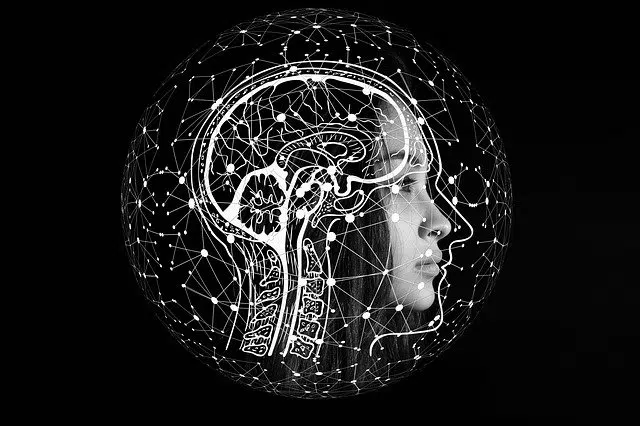
Edgar Morin developed the concept of complex thinking.
The notion of complex thinking was coined by the French philosopher Edgar Morin and refers to the ability to interconnect different dimensions of reality . Faced with the emergence of multidimensional, interactive facts or objects with random or chance components, the subject is forced to develop a thinking strategy that is neither reductive nor totalizing, but reflective. Morin called this capacity complex thinking.
This concept opposes disciplinary division and promotes a transdisciplinary and holistic approach, although without abandoning the notion of the constituent parts of the whole. Systemics , cybernetics and information theories provide support for complex thinking .
Principles of complex thinking
It can be said that complex thinking is based on three fundamental principles: dialogue (the coherence of the system appears with paradox), recursivity (the ability of feedback to modify the system) and hologramy (the part in the whole and the all in part).
Complex thinking, therefore, is a strategy or form of thinking that has a globalizing or encompassing intention of phenomena but that, at the same time, recognizes the specificity of the parts. The key is to rearticulate knowledge through the application of the aforementioned principles.
Everything related to complex thinking is linked to epistemology (the doctrine of the methods of scientific knowledge). The object of study of epistemology or epistemology is the production and validation of scientific knowledge through the analysis of different criteria.
What does the idea of complexity allude to?
The term complex is usually associated with those things that are very difficult to understand, unattainable by those who do not have a complete series of very specific skills or knowledge. However, its etymology shows us a slightly different meaning: "that which is woven together." Hence, complex thinking, in Morin's own words, is based on establishing relationships and complements, on the study of the whole through its defects and its effects, its movement and its stillness , taking into account the reciprocity that takes place between it and its parts.

The establishment of relationships and complements is one of the pillars of complex thinking.
Complexity represents the world as a large network made up of thin threads that intertwine and relate all its components. Complex thinking addresses issues as deep but as close as life, social problems and the future of the human species, and in recent times it has gained much importance in the field of education, the most significant focus of interpersonal relationships, since it represents the training process that makes us capable of integrating into society in an active and productive way.
Complex thinking according to Lipman
According to Matthew Lipman, a philosopher and teacher specialized in pedagogy (1922 – 2010, United States), all thought considered complex must present an organization based on coherence , be made up of rich concepts and generate constant movement, a need to investigate and explore. . Likewise, he highlighted on more than one occasion the importance of instilling this type of thinking in students from childhood, to stimulate their intellect, critical sense and creativity.
Lipman considered that it was essential to include philosophy in the program of every primary and secondary school, to enrich educational resources, expand the range and nature of the concepts taught and encourage self-correction, the review of one's own methods and content. that is taught. Once again, he stressed the importance of criticism and creativity as pillars of education .
Promoting reflection as a fundamental element of growth seems a revolutionary idea, almost bordering on utopia, in a world governed by industrial trends; They educate us to fit into one mold or another, to become a predetermined model of a human being that travels one of a handful of possible paths.
